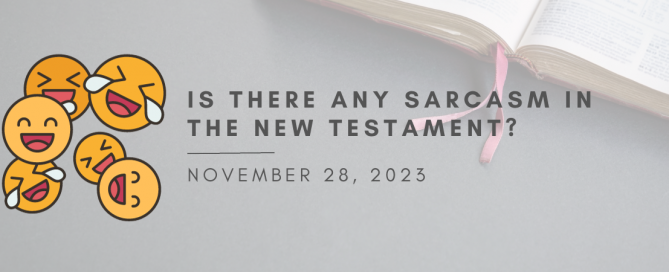Did Luke’s Gospel Originally Contain a Virgin Birth?
A couple of weeks I gave a two-lecture online course called “Jesus, The Actual Son of Joseph: The New Testament Evidence” (not connected with the blog; you can learn more about it on my website www.bartehrman.com/courses). It was an interesting experience for me, in part because it made me think of things and look into things I hadn’t thought or looked into before, and in part because it made me look back at some of the work I had done before but not thought about in a long time. That included a paper that I gave twenty years ago now at the British New Testament Conference organized by Mark Goodacre, back when he was still teaching a the University of Birmingham in England. For this more recent course I re-read the paper (not remembering it!) and (having read it again) thought that it would be interesting to excerpt here on the blog. It was delivered for scholars of the New Testament, but I wrote it so that it would not be overly technical or jargony, [...]

